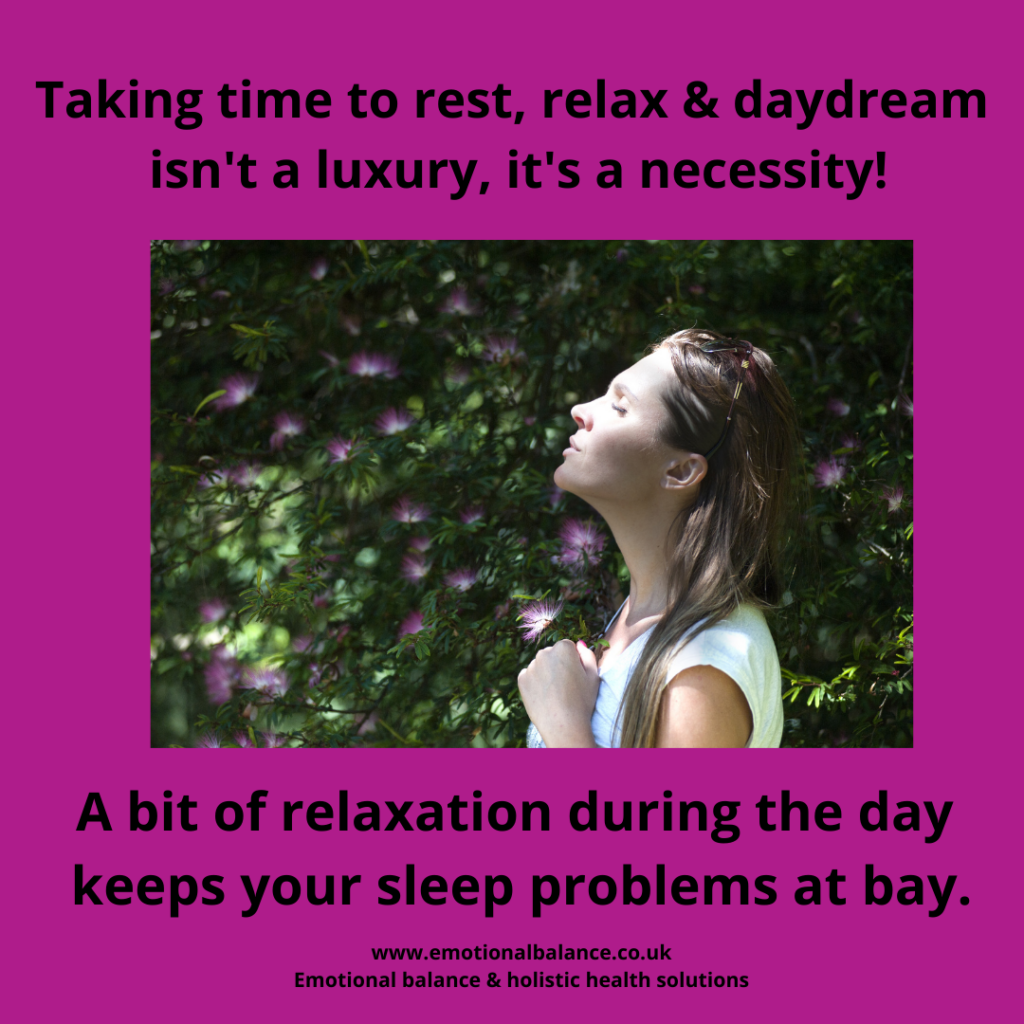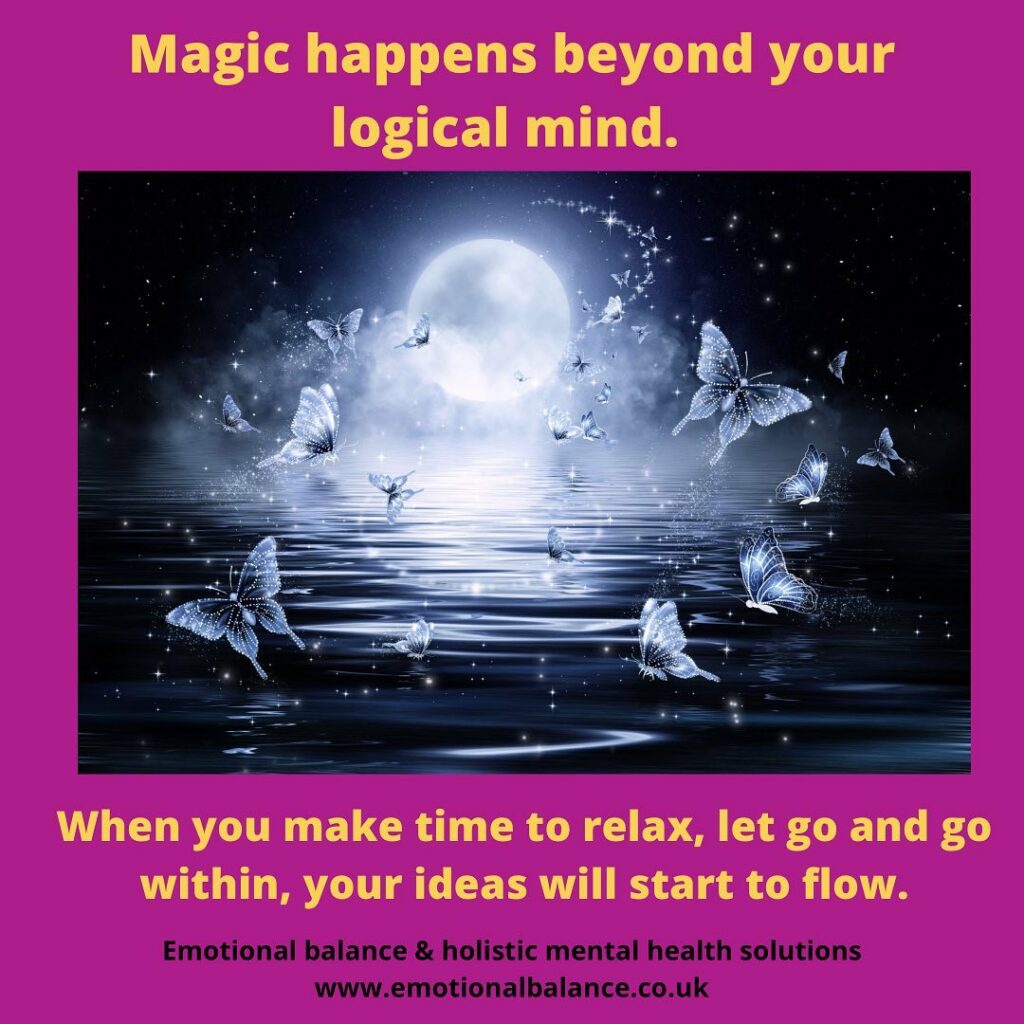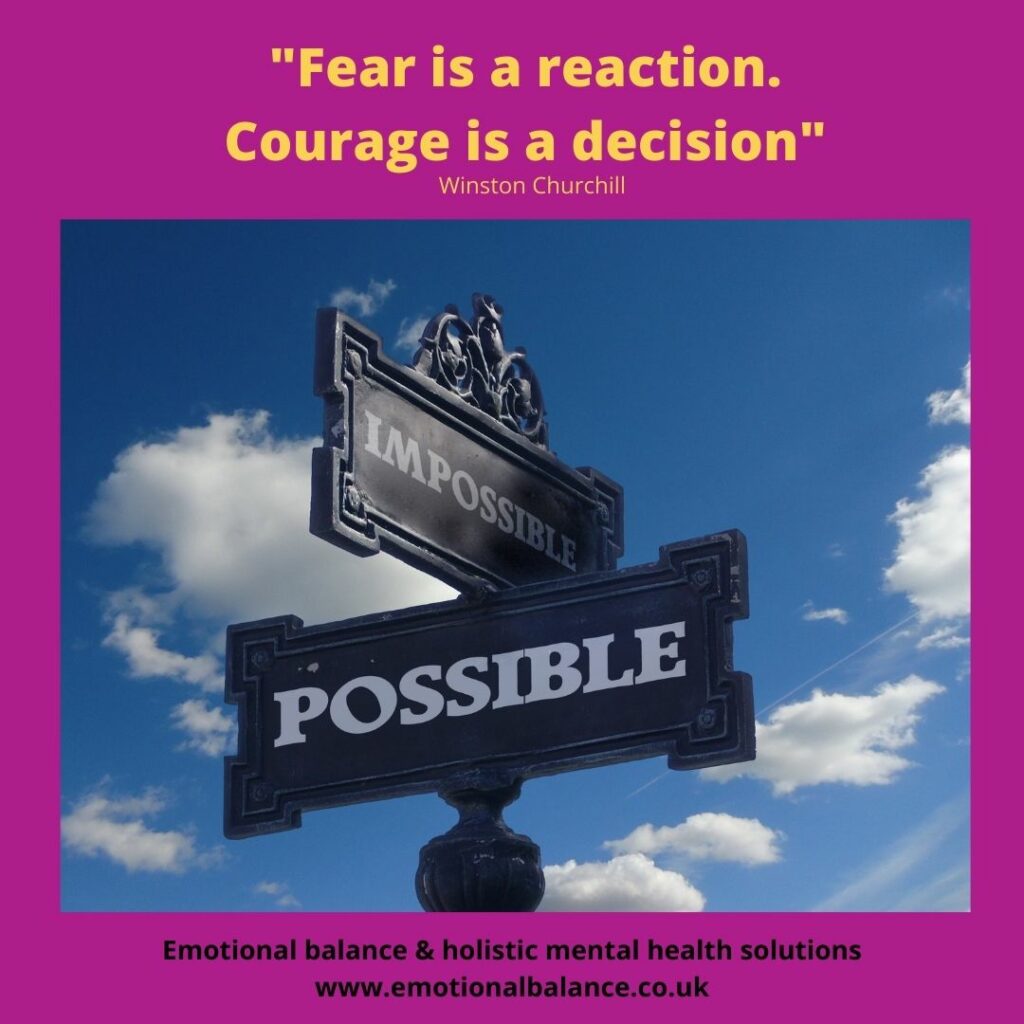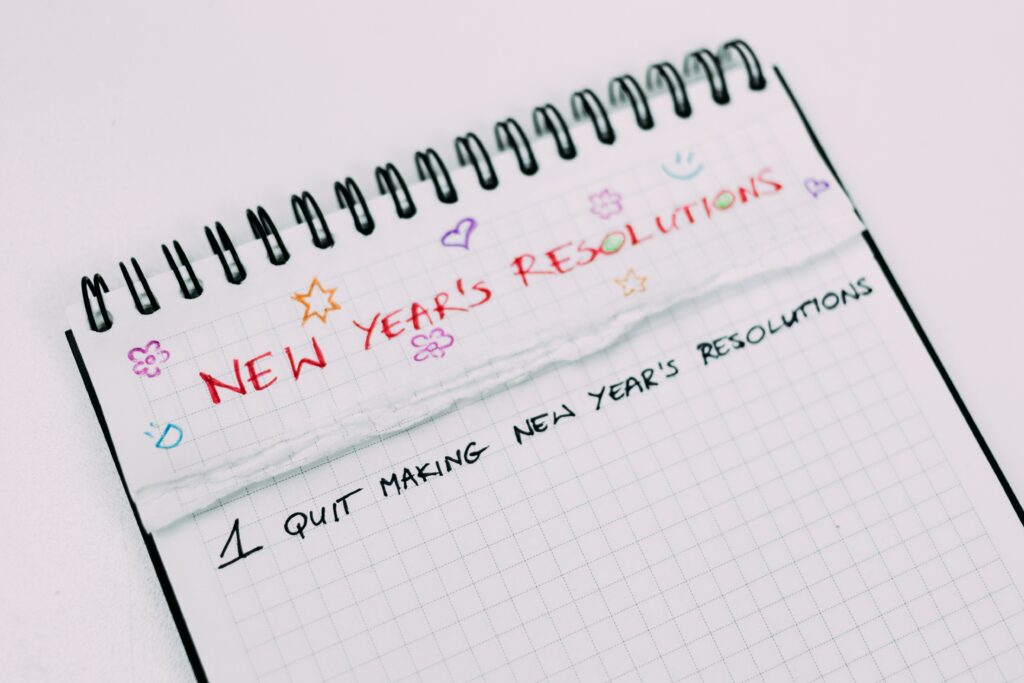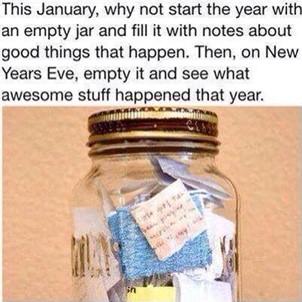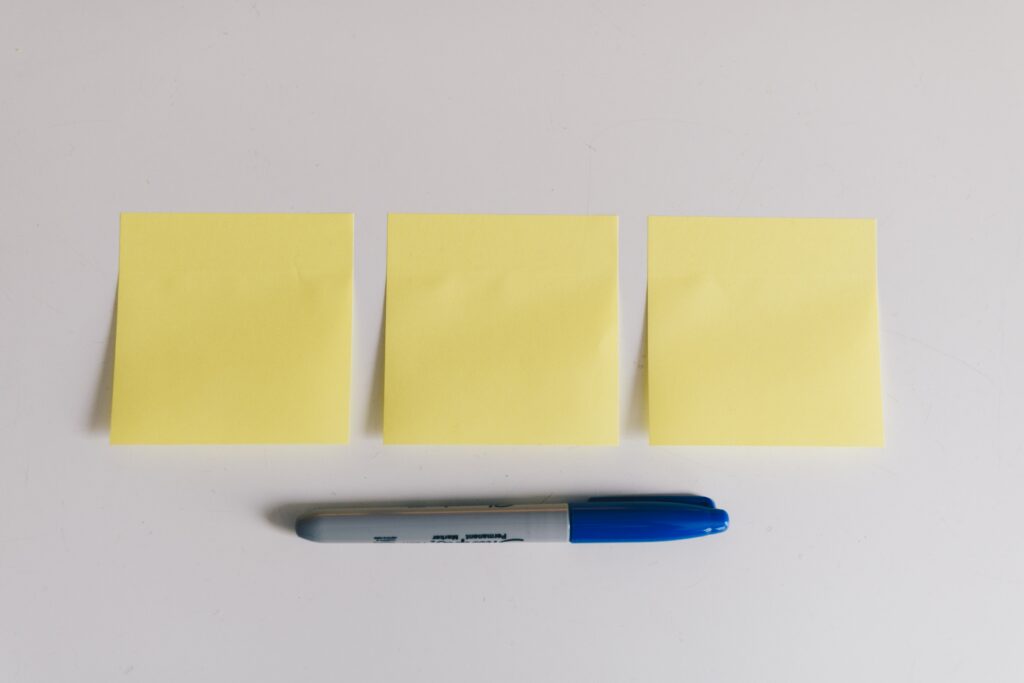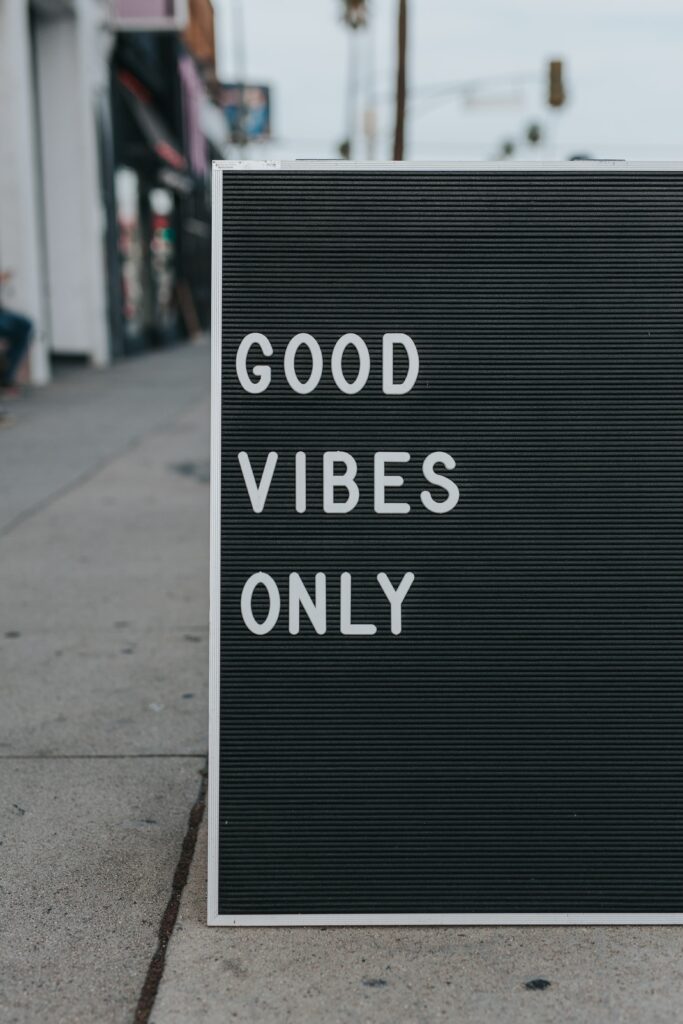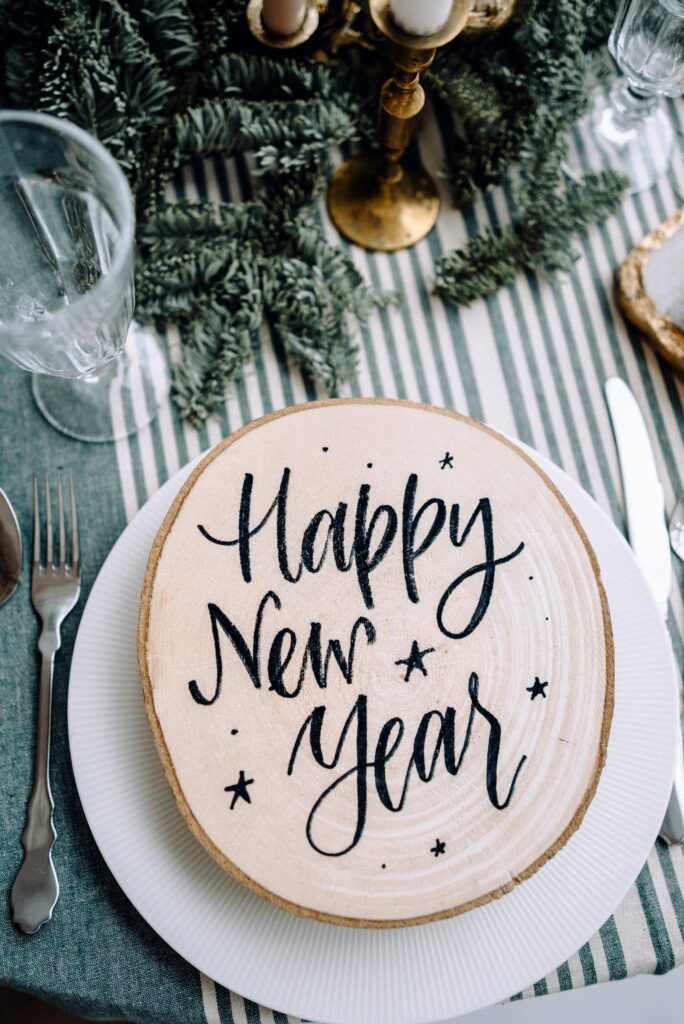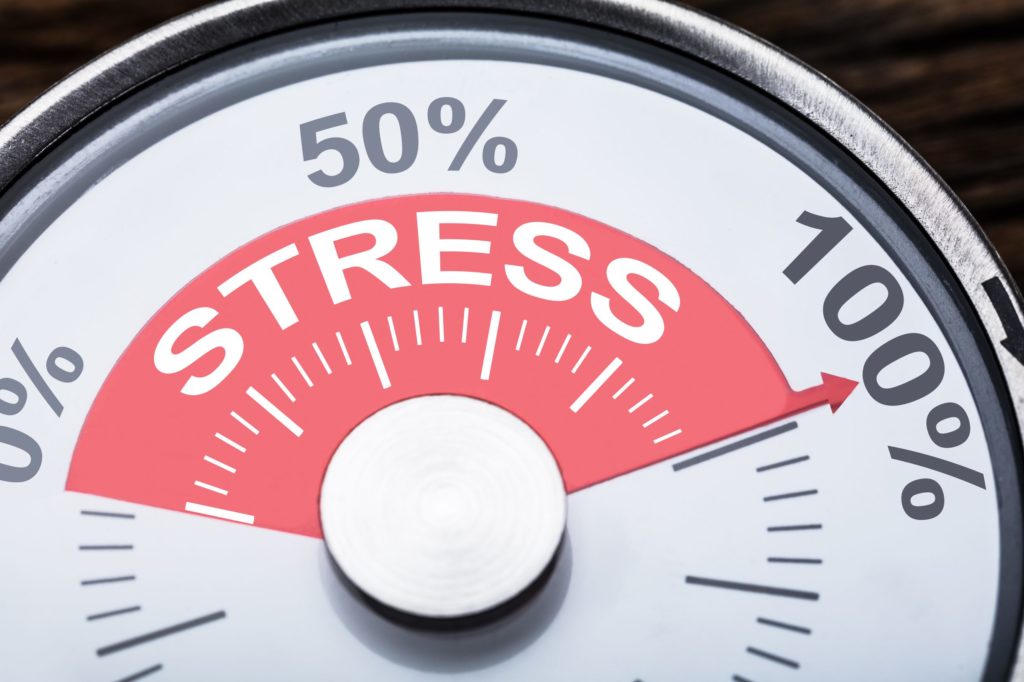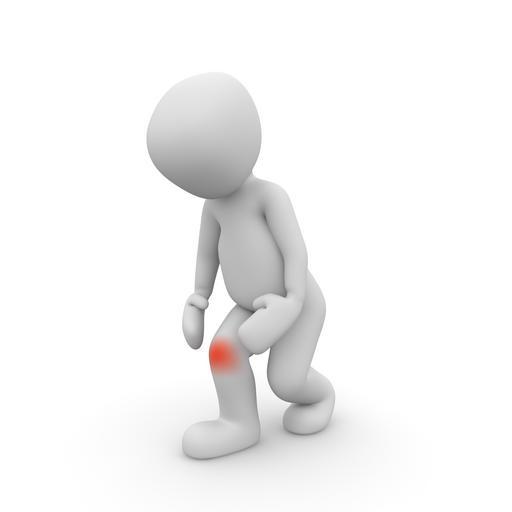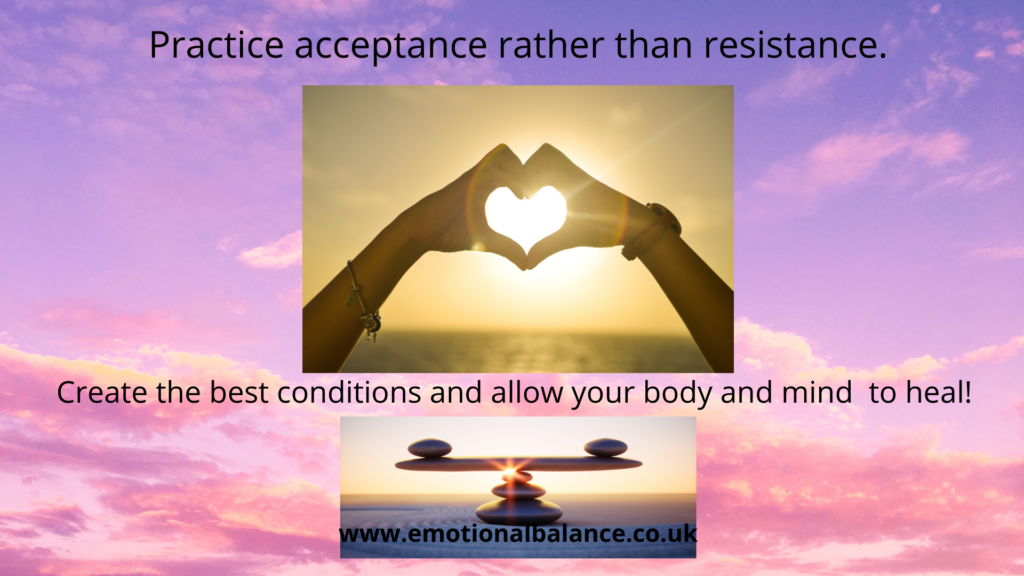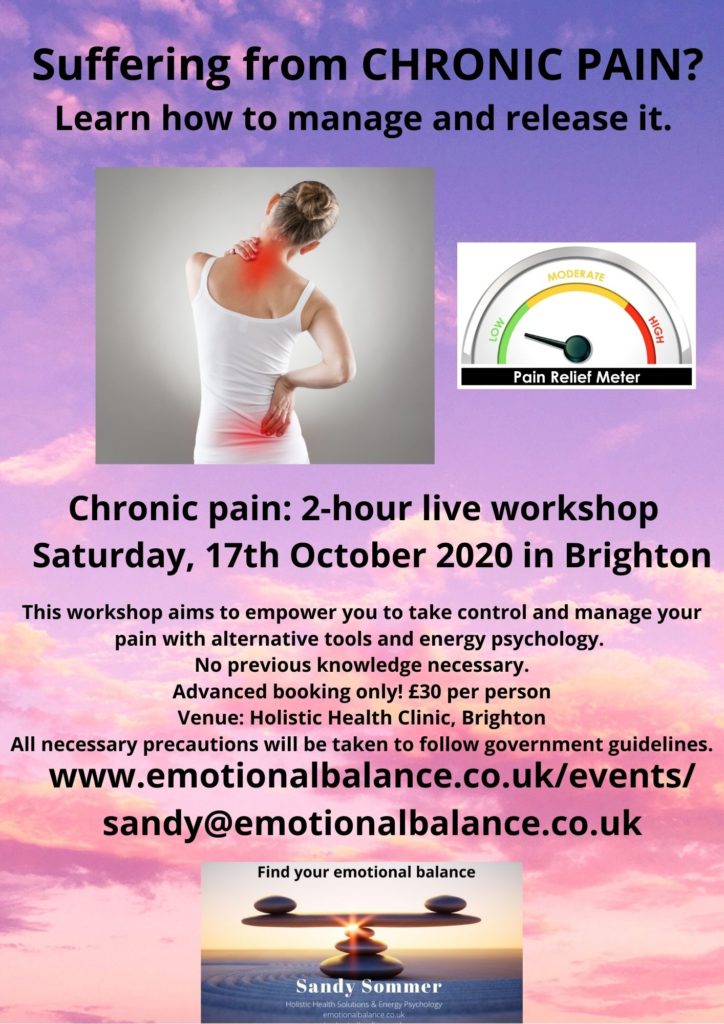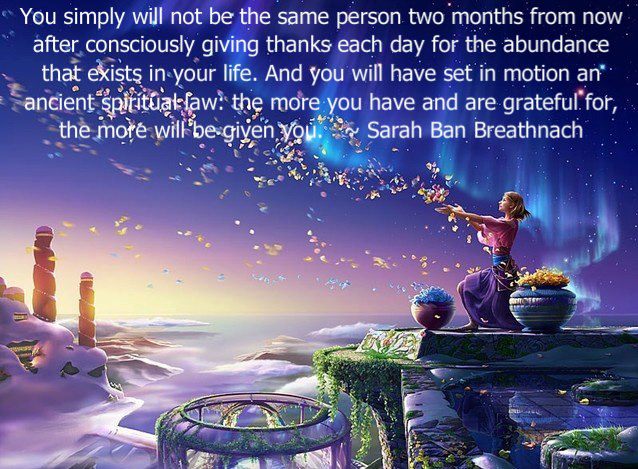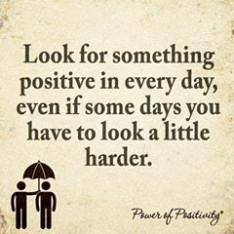Did you know that what you eat can influence how you feel, not just physically but also mentally?
I’m sure you’ve heard the common phrase ‘you are what you eat’ but have you ever really thought about it? If what we ingest becomes part of our physical body then perhaps it’s a good idea to pay more attention. You wouldn’t put the wrong or a very bad fuel into your car, would you? Well, our brain is part of the body and needs a certain amount of nutrients to function properly and produce neurotransmitters to make us feel balanced, such as dopamine and serotonin. If there’s too many toxins in our system (e.g. from bad food, stimulants or the environment, such as pollution), the body will need a lot of energy to deal with them and withdraws it from other non-life threatening areas. As a result we might feel tired, lethargic, anxious, depressed or are unable focus and concentrate and are not sleeping well.
For years I’ve been talking about a balanced diet with my clients, how to avoid the ‘blood sugar rollercoaster’ and how to feed your body and brain. Now, I’ve recently read a lot of studies and saw documentaries that claim a vegan diet can promote a better mental health. So, I thought I’d try this myself and experiment with this. For the last three weeks, I’ve been on a healthy vegan diet, have avoided all stimulants (sugar, coffee, alcohol), no processed food, I just made everything from scratch with whole foods. Apart from really enjoying the lovely smoothies, soups and vegan dishes I made, I’ve started noticing some interesting changes. I normally eat well anyway and feel relatively balanced, so I’ve not really been suffering from any particular issue, yet I’ve still noticed that I feel a lot more balanced, am able to cope much better with stress, I have loads of extra energy, more mental clarity and I sleep like a baby. It’s remarkable! I can’t remember the last time I had slept through the night without waking up at least 3-5 times. Now I sleep through most nights and feel refreshed and energised in the morning. I know not everybody is up for it and some people just can’t imagine a life without meat, fish, cheese or dairy, but I would certainly recommend trying something similar, even just for a couple of weeks as an experiment, and watch what happens. If you’ve got sleep problems, struggle with being tired or can’t concentrate at work, this might be the easiest way to get back into balance. Of course, if you are taking any medication, check with your doctor and see if they need to be adjusted.
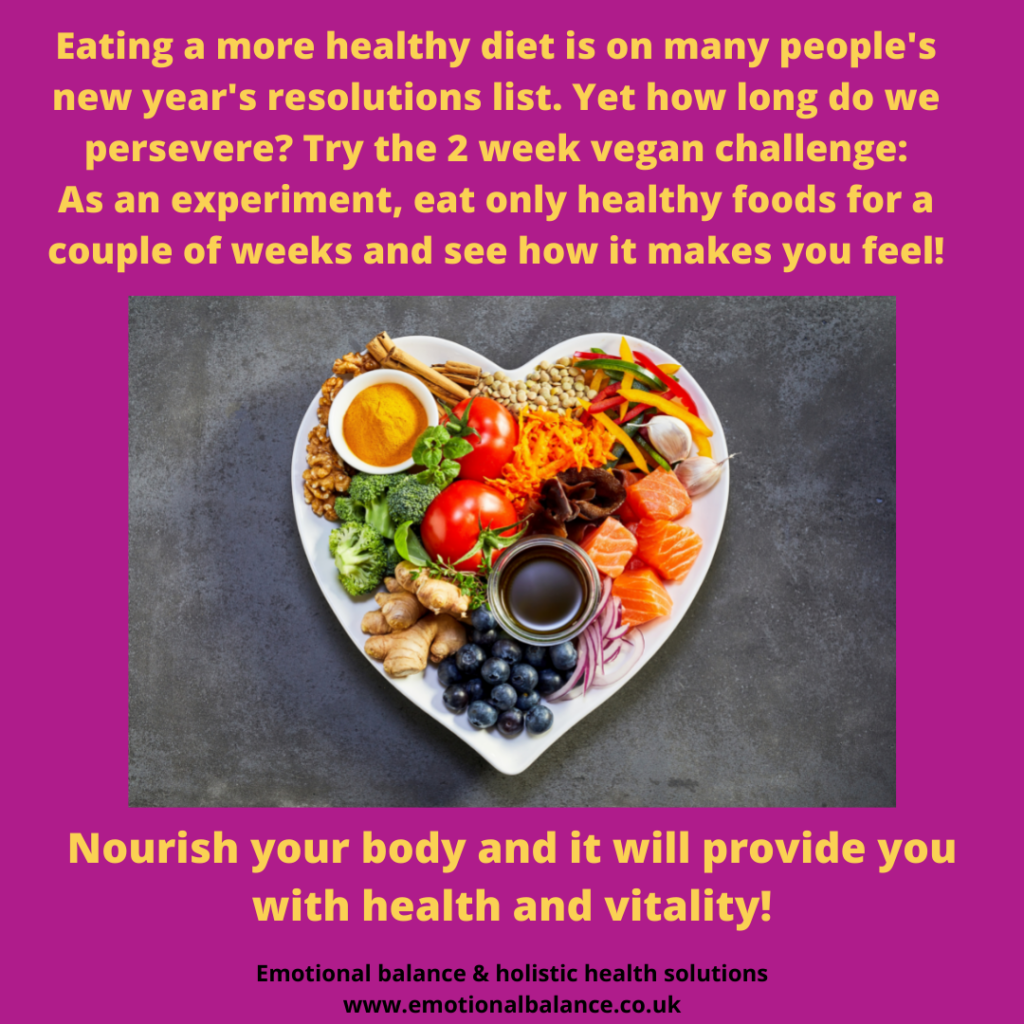
Right, so I just wanted to share this little experiment of mine. I hope at the very least I’ve given you a bit of ‘food for thought’ (excuse the pun) and perhaps you can become a bit more aware of what you eat and how it makes you feel. If you suffer from cravings or emotional eating, get in touch. I’ve got some great techniques to overcome these.
Have a lovely day. Thanks for reading.
Lots of love,
Sandy x
